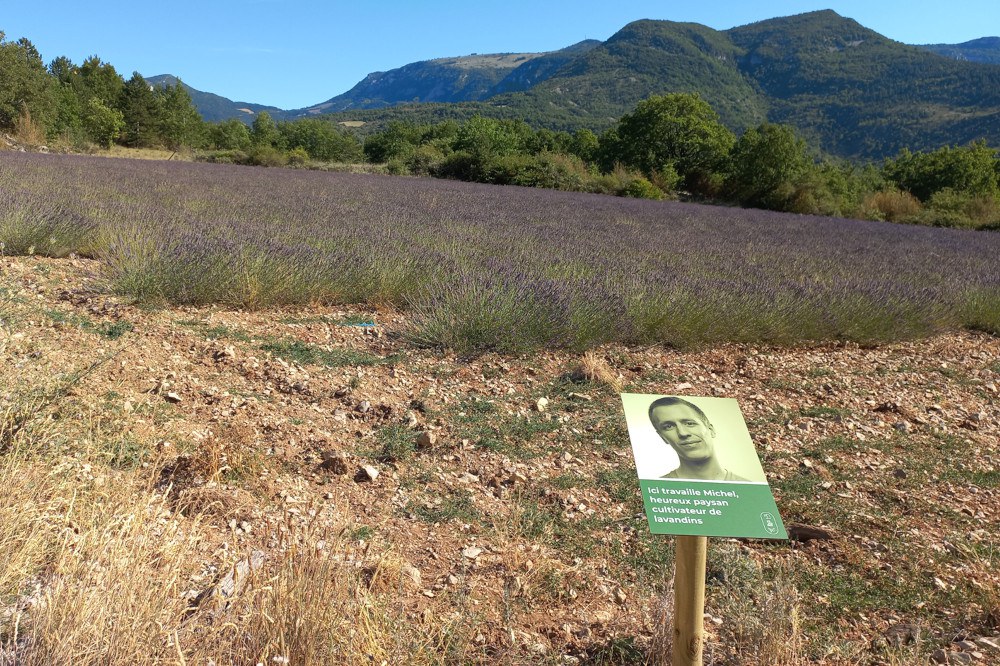News
Nudging in Alpine tourism

The term “nudge” refers to measures that encourage people to act on their own initiative in a desired way. On the one hand, nudging concerns providing information before visitors arrive in the region where they want to spend their holidays while, on the other, “informing and awareness-raising on the spot”, as ecologist and mediator Eva-Maria Cattoen from the organisation LechtAlps/A explains. For example, many destinations in the Alpine region advertise that they are a paradise for mountain biking: “If you then go somewhere and find prohibition signs all over, this is in stark contrast to its positive image as a destination”, says Jörn Basel, a researcher at the Institute for Tourism and Mobility (ITM) at the University of Applied Sciences and Arts in Lucerne/CH. In the summer of 2022, meanwhile, the Baronnies Provençales Nature Park in the French Alps tested the extent to which a location can influence the values of its visitors even without having to introduce bans. A project team led by Quentin Martinez developed pilot measures to motivate guests to behave respectfully, for example stopping them from illegally cutting lavender. The nature park team installed an information board with a portrait of the local lavender farmer and his dogs – such personalisation gives the landscape a face. “Thanks to the portraits, a certain familiarity is created. This also generates respect among visitors without having to impose any kind of a ban.”
The webinar “Nudging in Alpine Tourism” is part of the project speciAlps Podcast “Guide visitors, preserve nature” and at the same time the topic of the third podcast episode. This can be listened to in either German or English.
This project is being implemented by CIPRA International and the Alliance in the Alps network of municipalities. It is made possible by the German Federal Ministry for the Environment, Nature Conservation, Nuclear Safety & Consumer Protection (BMUV).
Further information on the project: www.cipra.org/de/specialps-podcast (de, fr, it, sl)



